While the Netherlands is expected to add certain ASML equipment to its export ban list, the US is expected to impose restrictions on specific Beijing factories.
Since October last year, the US has imposed restrictions on chipmaking tools exports to China from companies such as Lam Research and Applied Materials on national security grounds, and has launched a campaign to lobby key “links” in the global semiconductor supply chain to do the same.
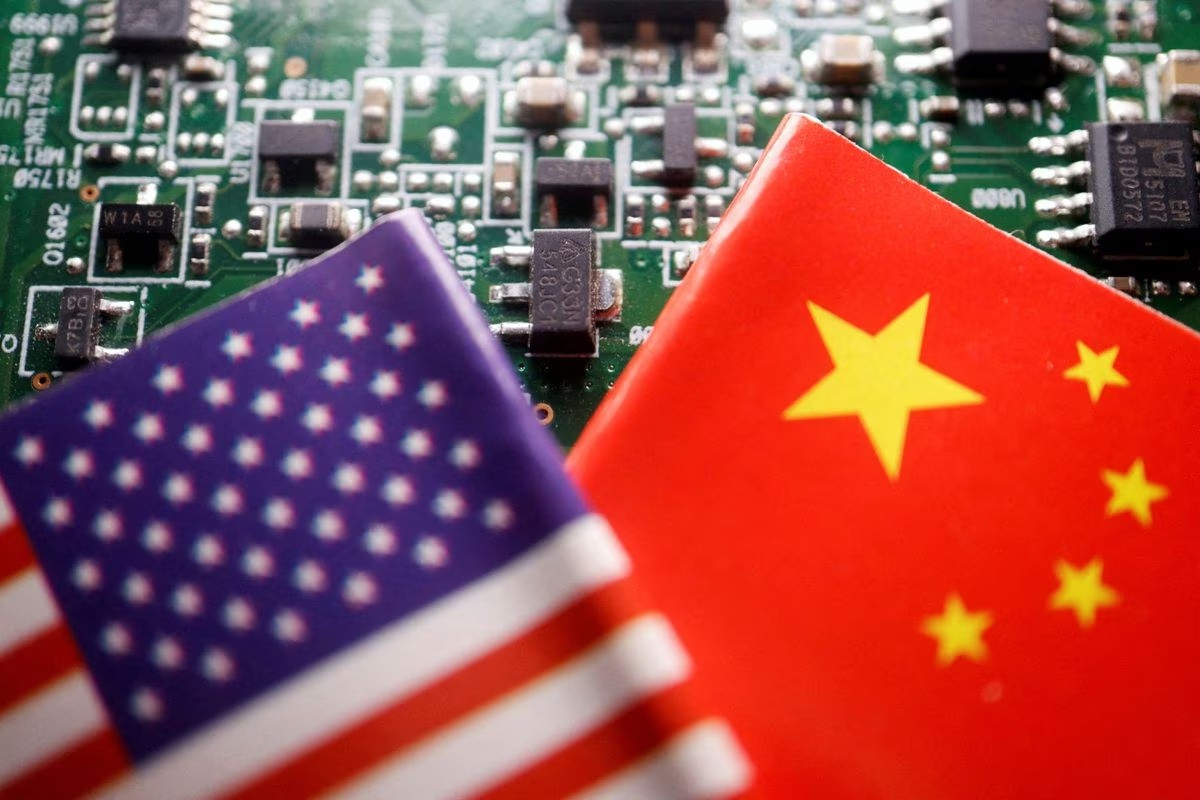
Japan, home to chip equipment makers Nikon Corp and Tokyo Electron Ltd, also adopted rules restricting exports of 23 types of semiconductor manufacturing equipment, effective July 23.
The Dutch government is expected to announce new export controls on June 30 for deep ultraviolet (DUV) machines - ASML's second-best line of equipment, after extreme ultraviolet (EUV) lithography machines, which are currently on the export ban list.
ASML said in March that it anticipates government regulation could include the TWINSCAN NXT:2000i product line and more complex models.
But older DUV models, such as the TWINSCAN NXT:1980Di, could also be banned from being shipped to about six Chinese manufacturing facilities. The new rules would allow Washington to designate specific semiconductor factories as “sanctioned,” and impose export restrictions on even devices with small amounts of US content, Reuters sources said.
According to the plan, the new Dutch regulation will not take effect immediately, but will be implemented from September (two months after the announcement).
Meanwhile, the US could announce new restrictions as early as late July by requiring licenses to export equipment to certain semiconductor facilities in the mainland, including a factory of SMIC, China's largest chip company.
Besides the world's leading chip equipment maker ASML, several other companies will also be affected by the new Dutch rules, such as ASM International (atomic layer deposition systems).
(According to Reuters)
Source



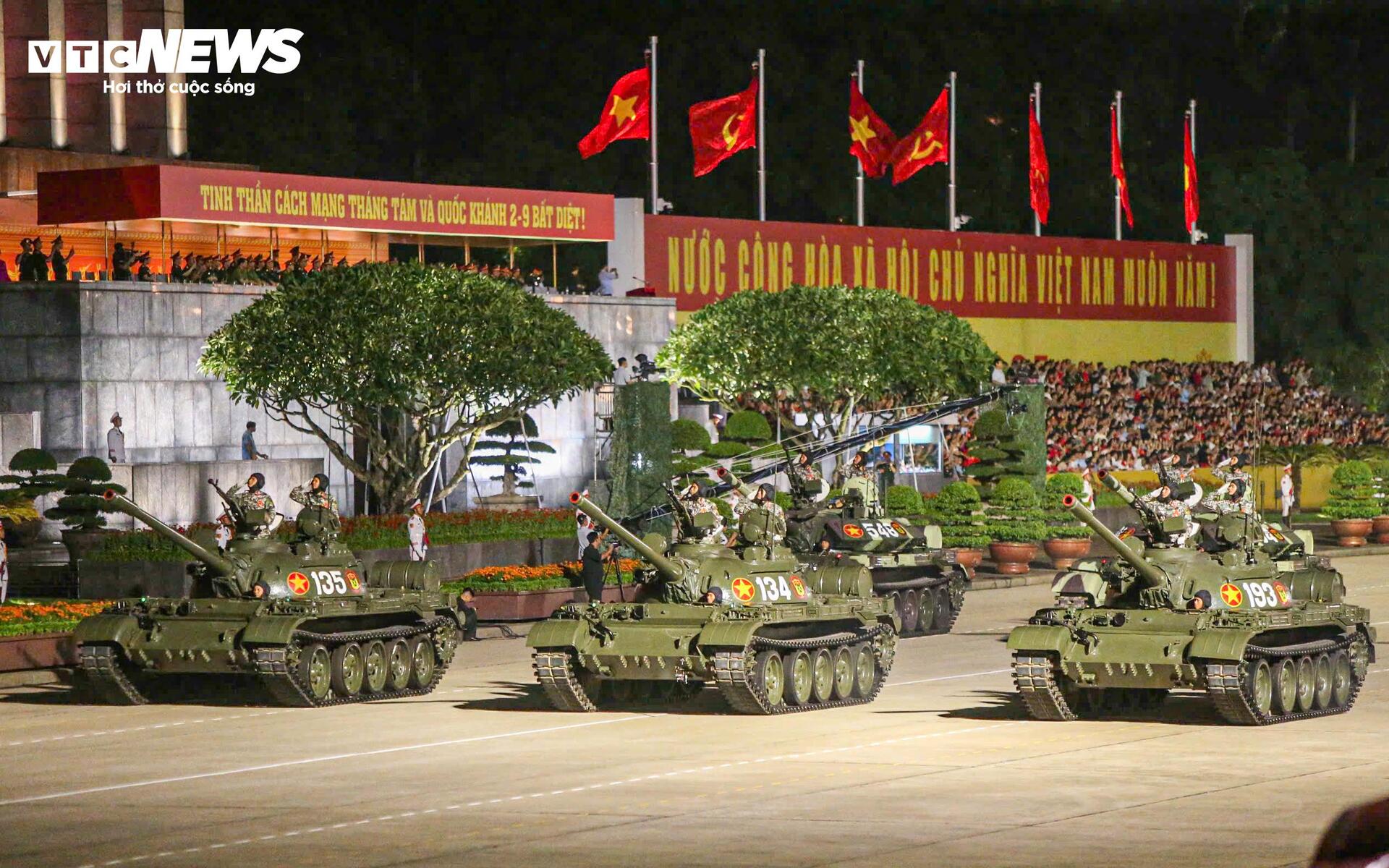
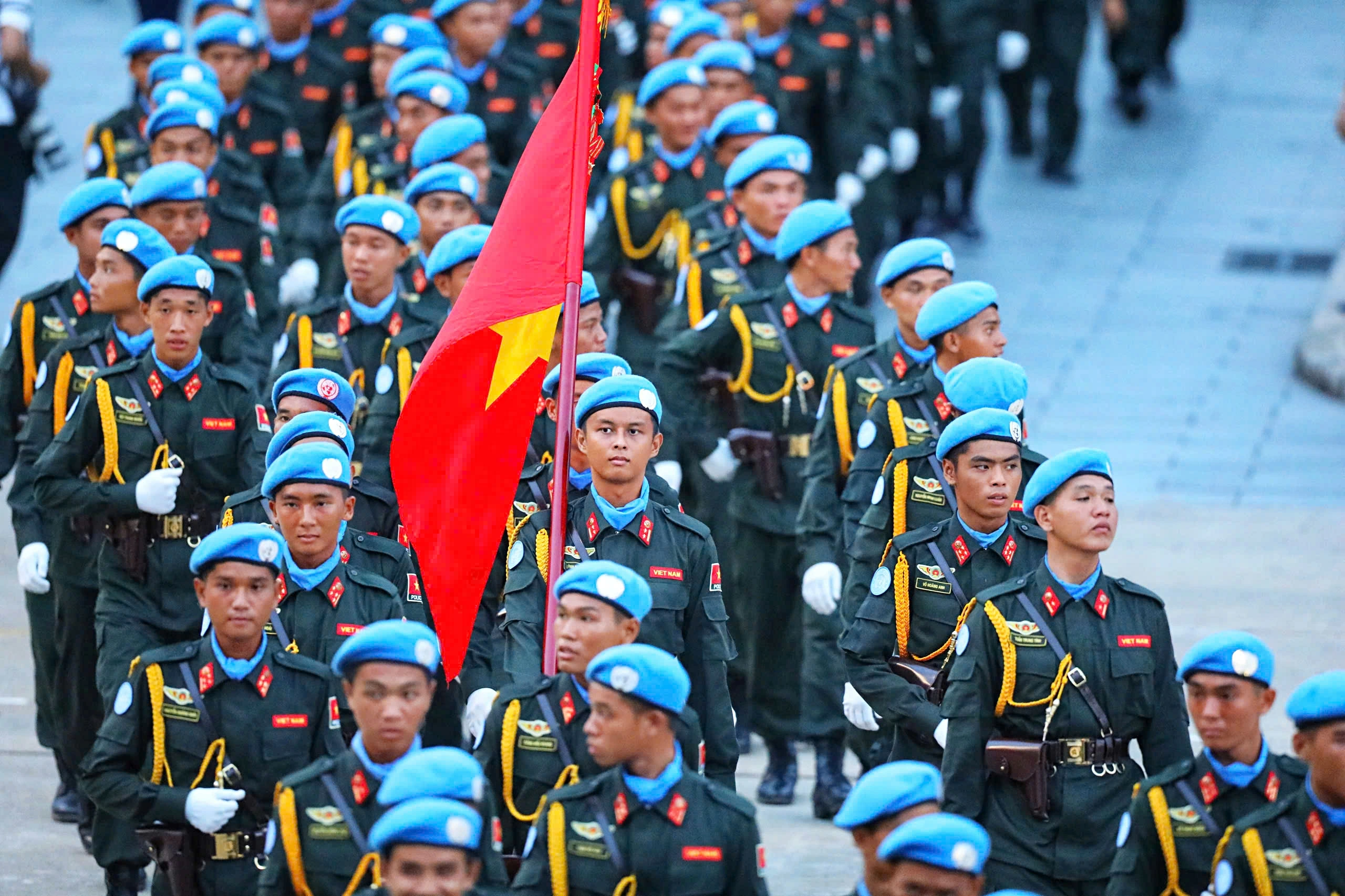
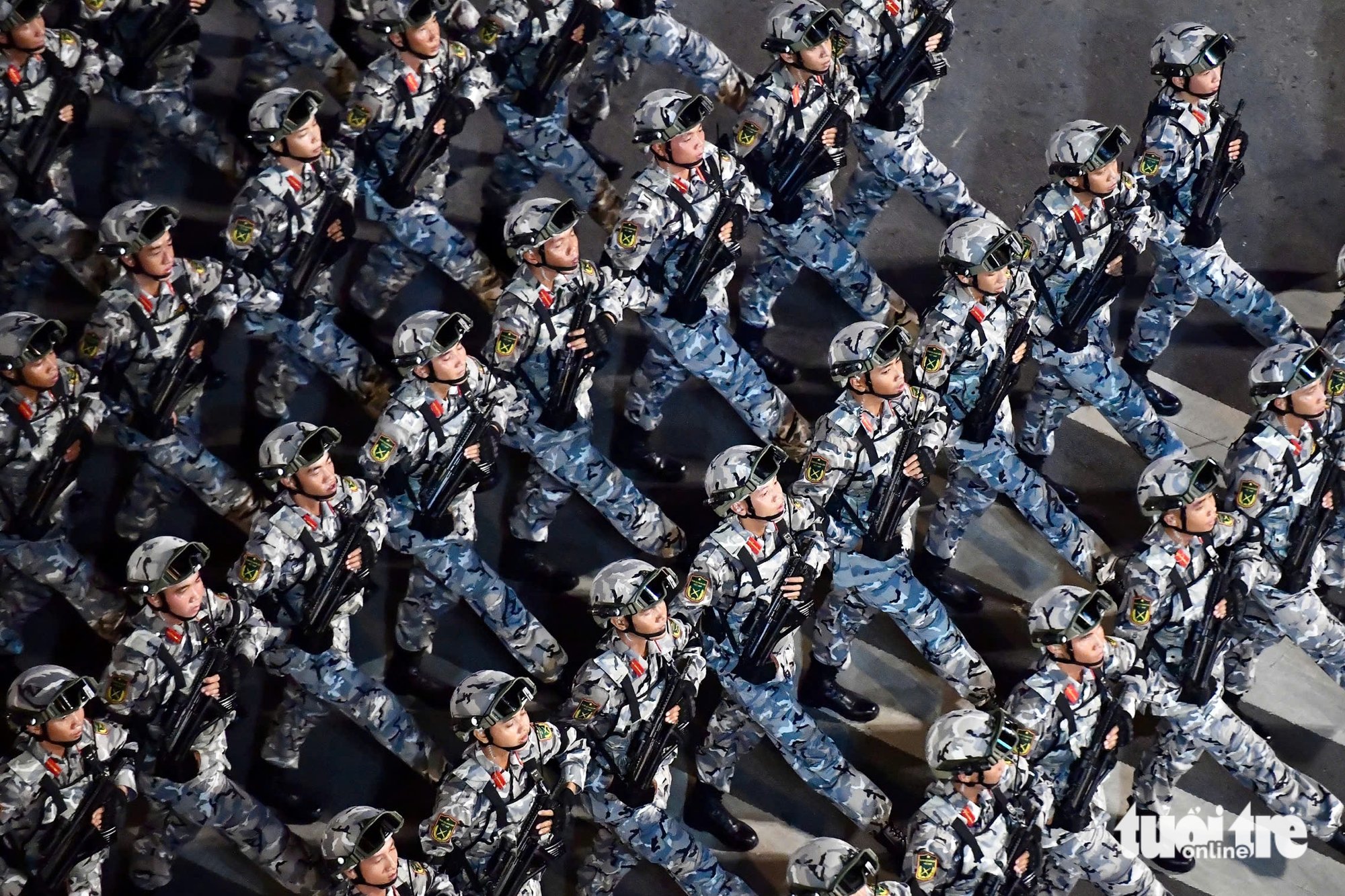


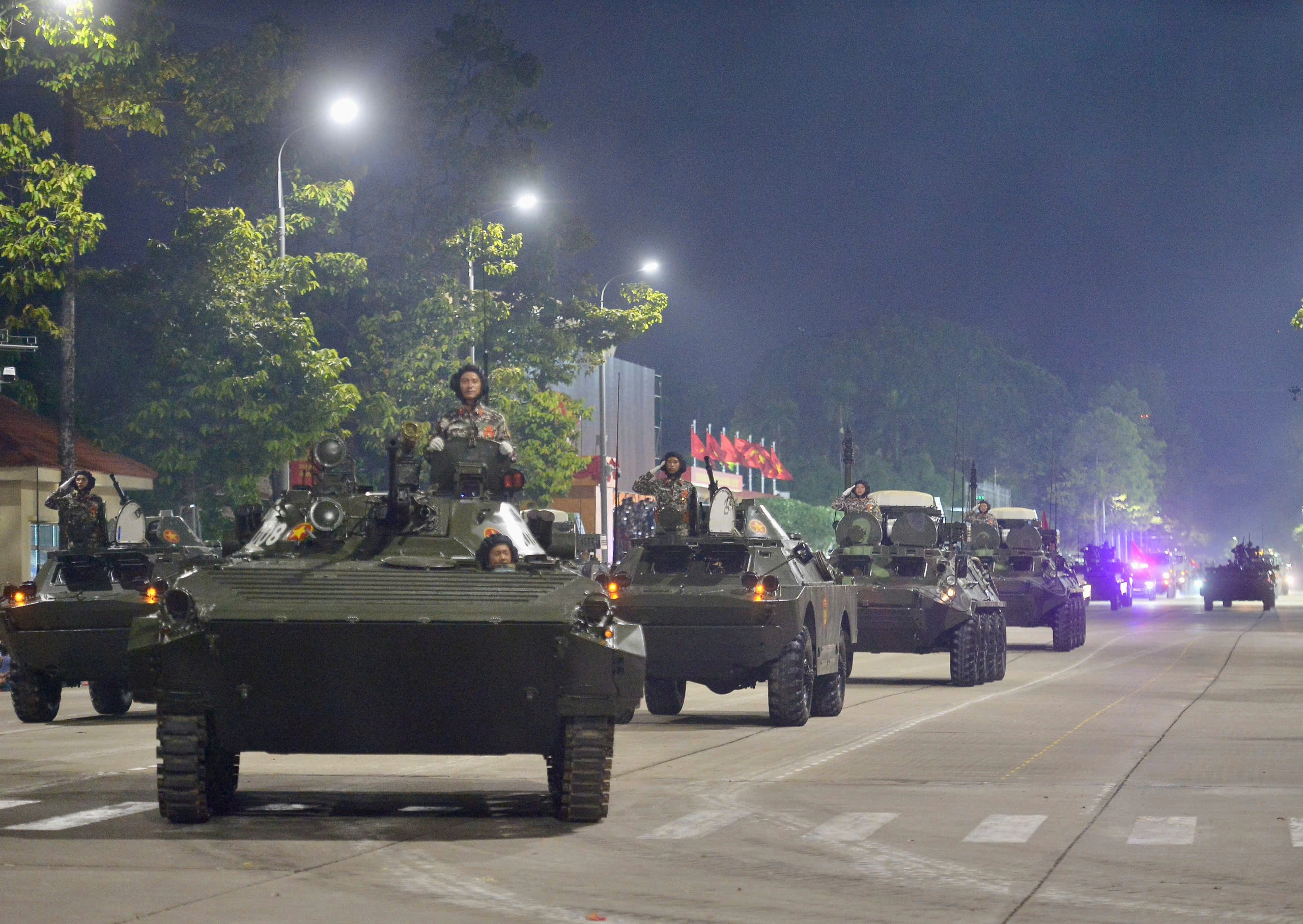
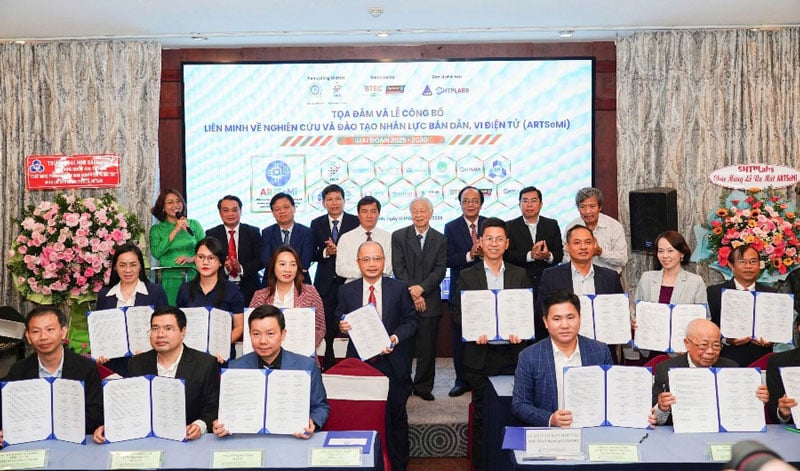



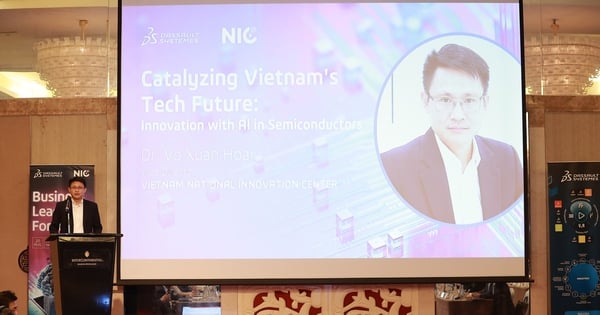

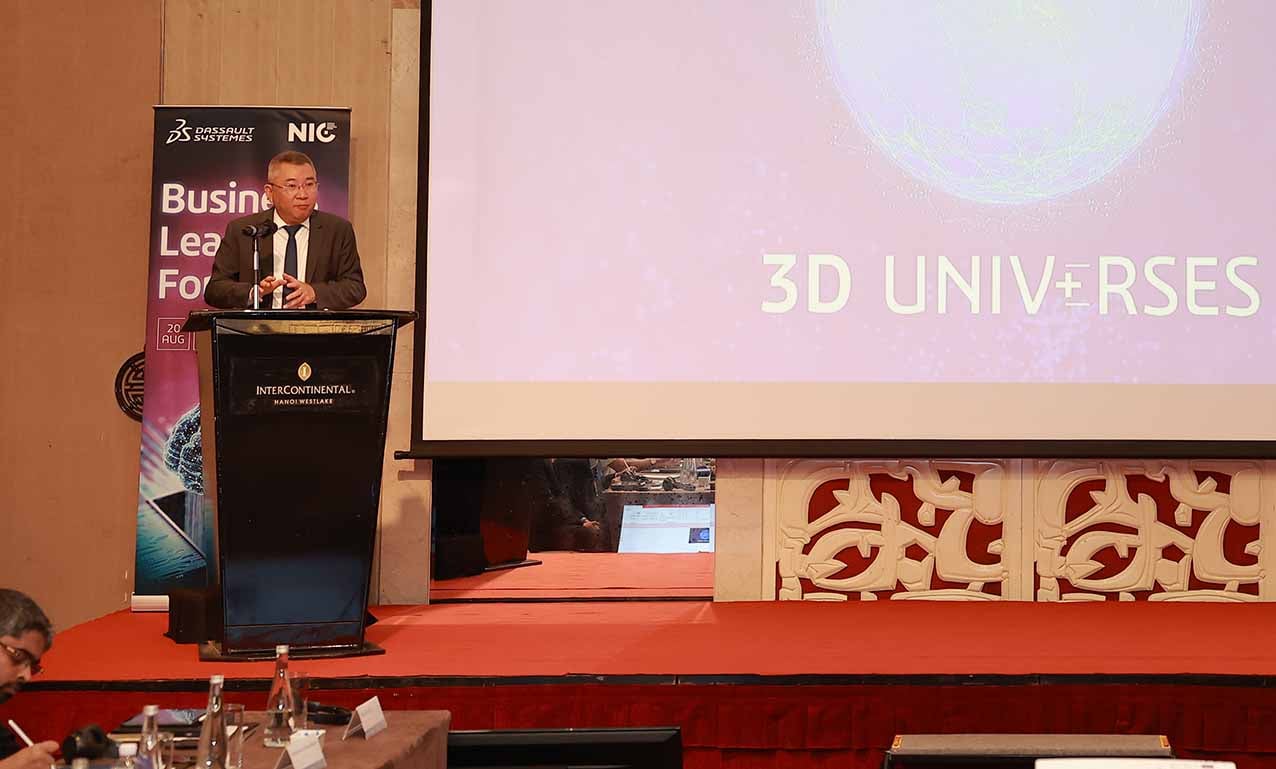
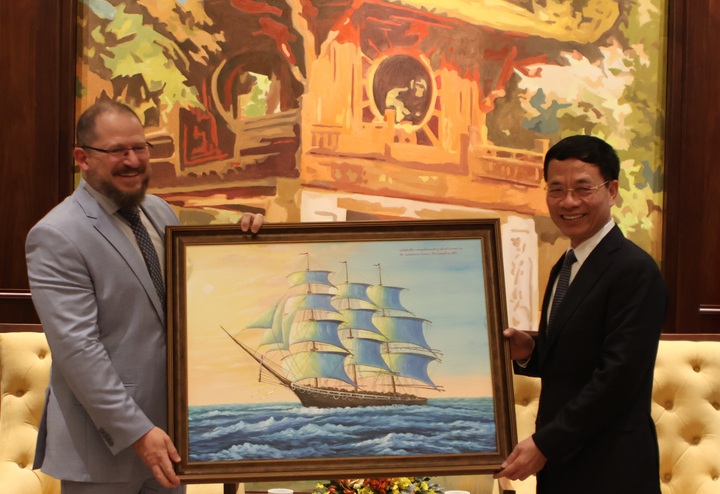
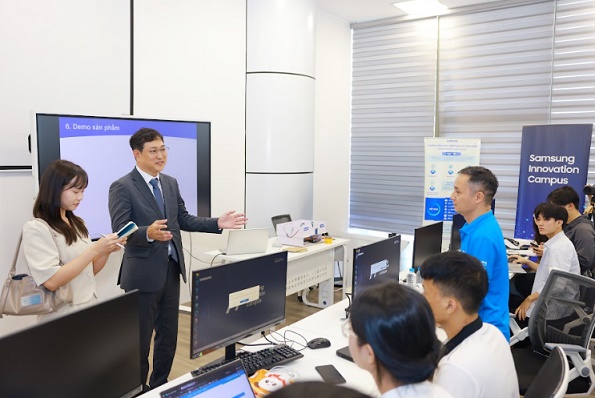
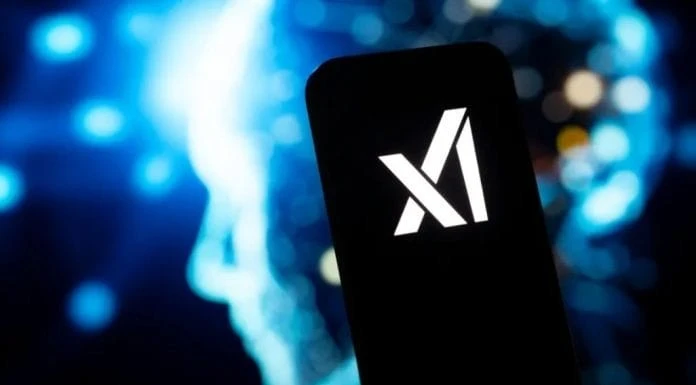

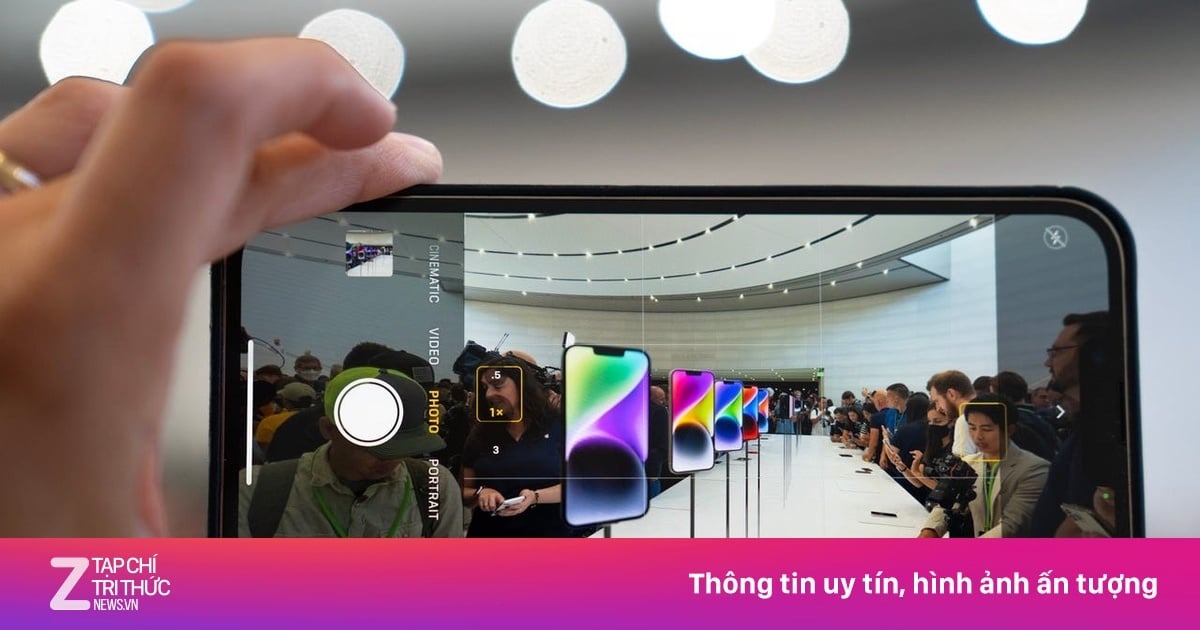

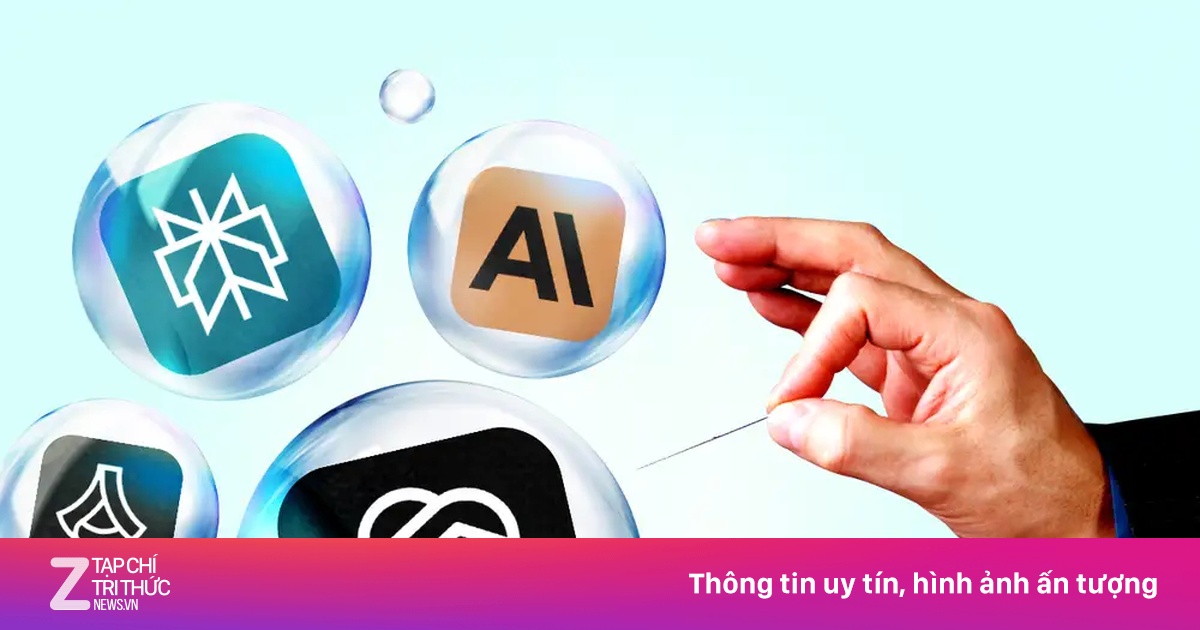
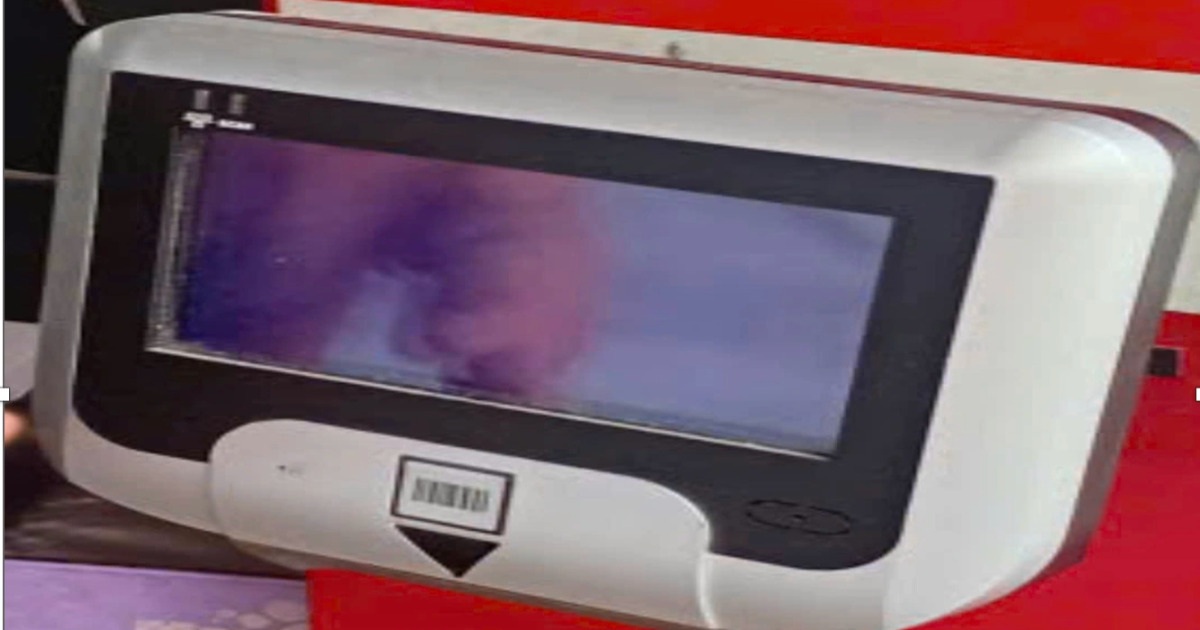






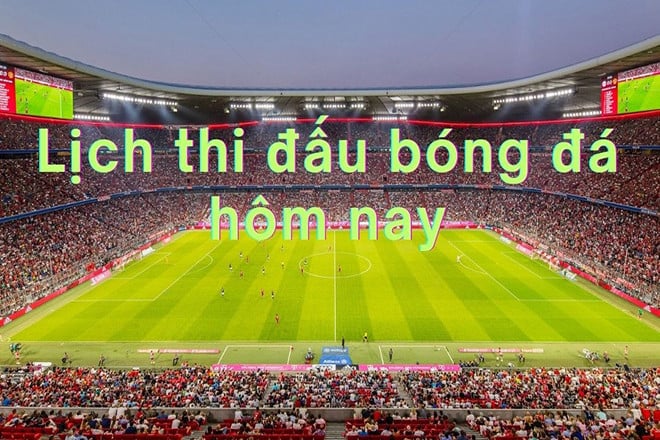
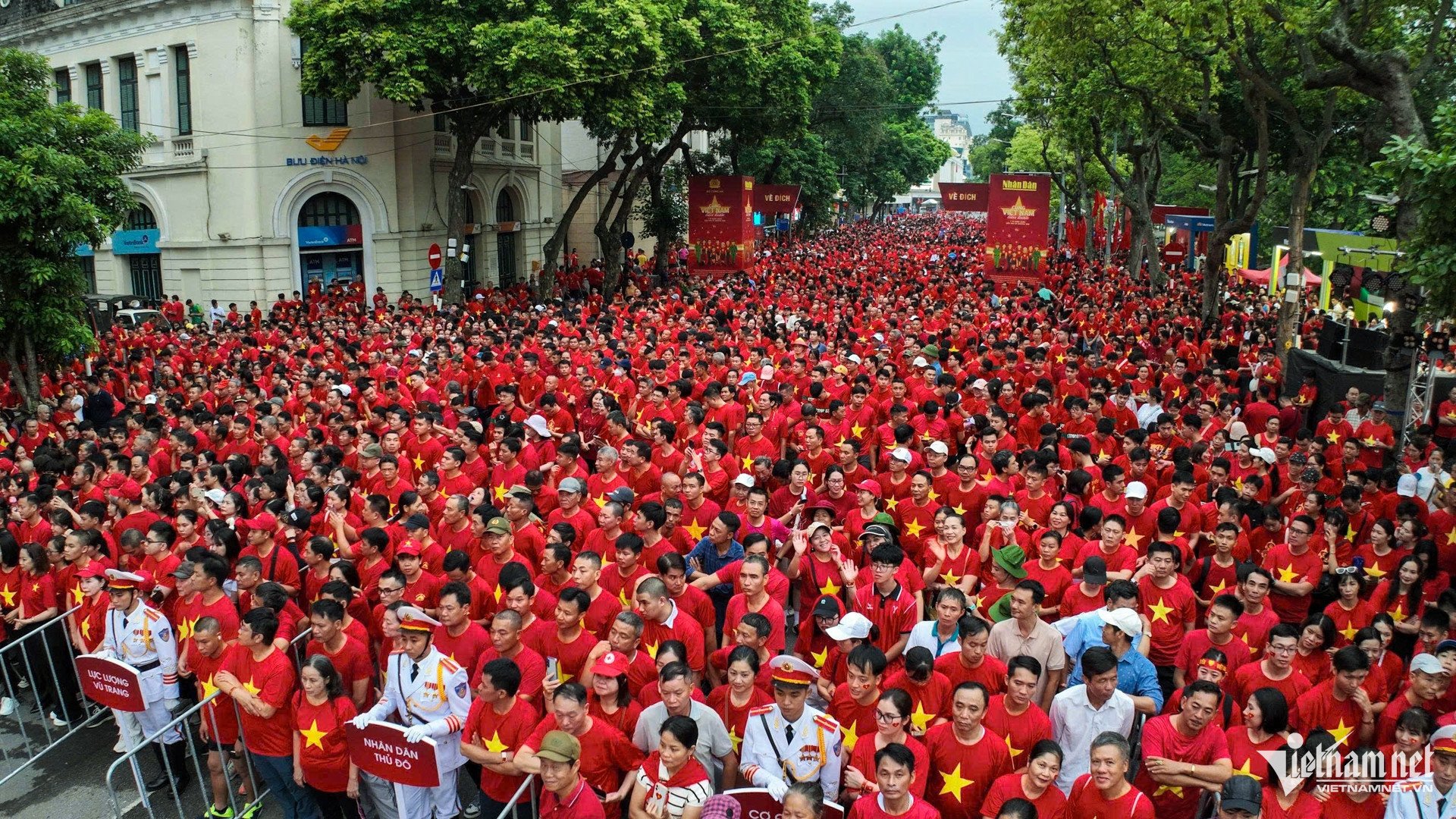


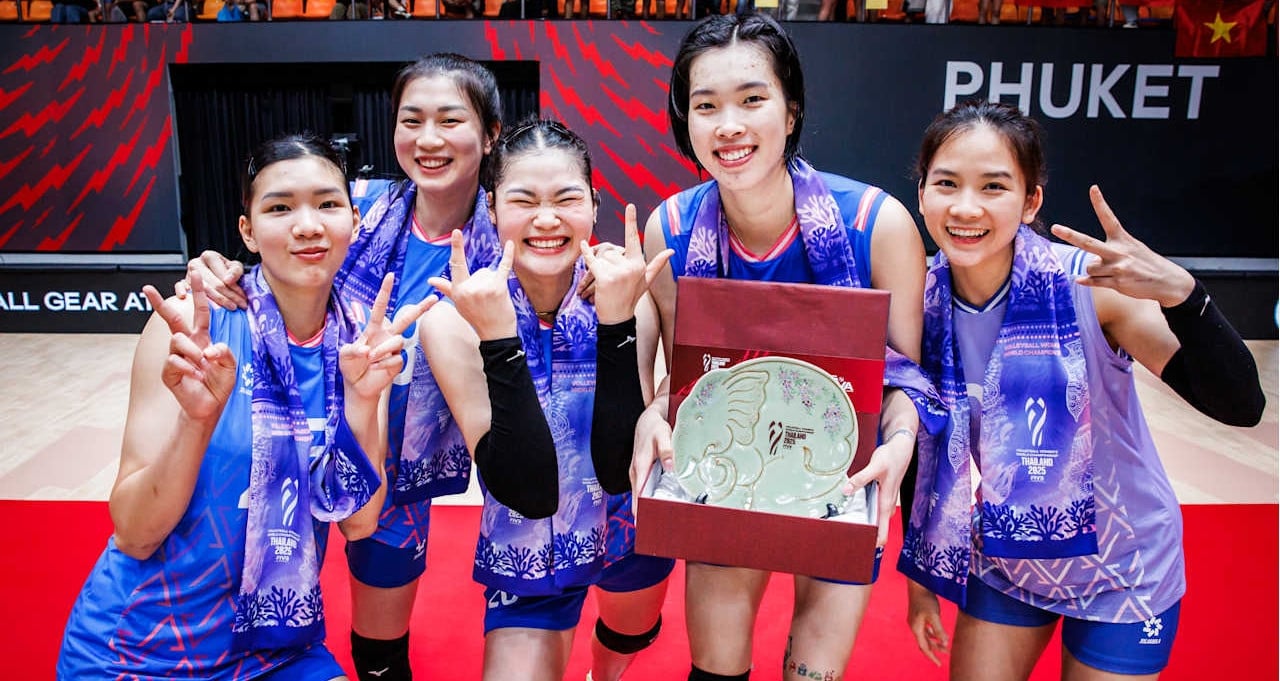

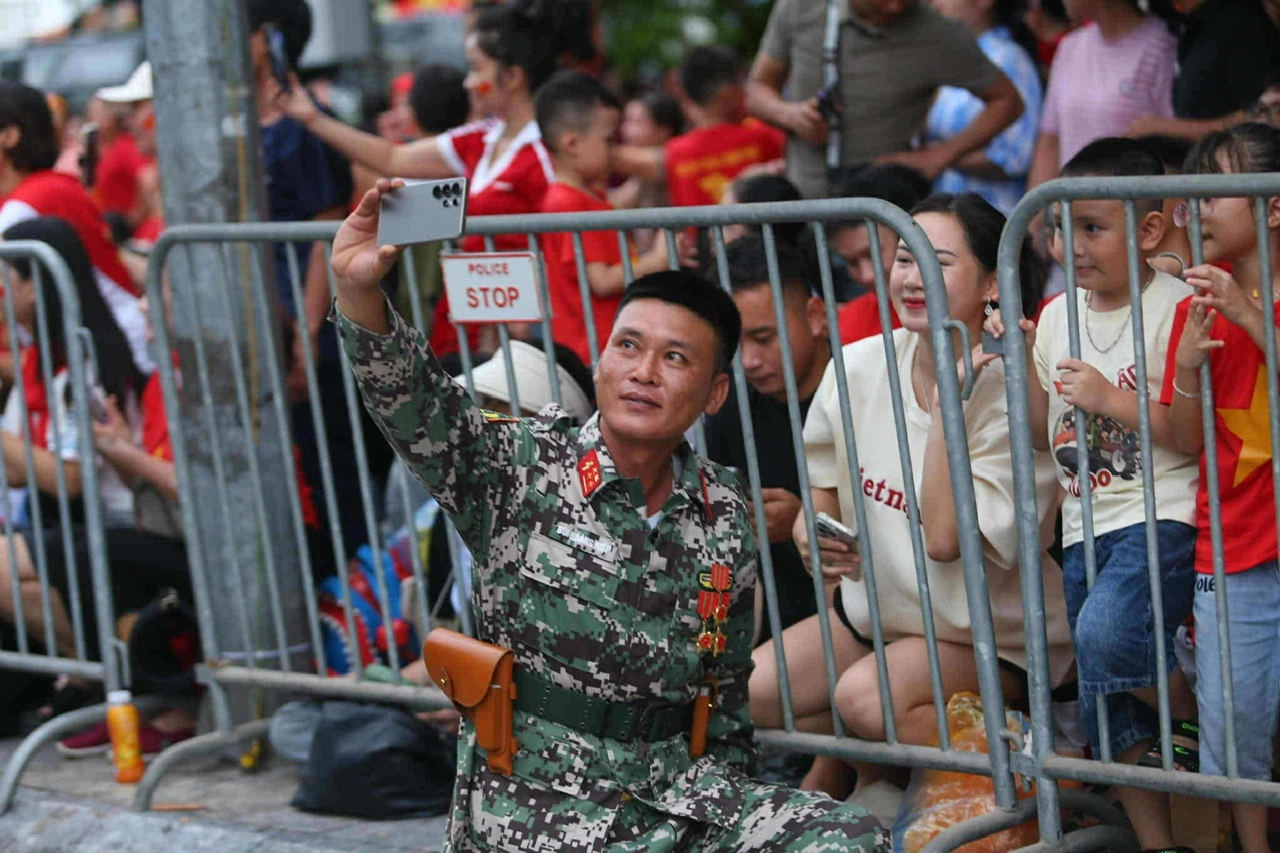













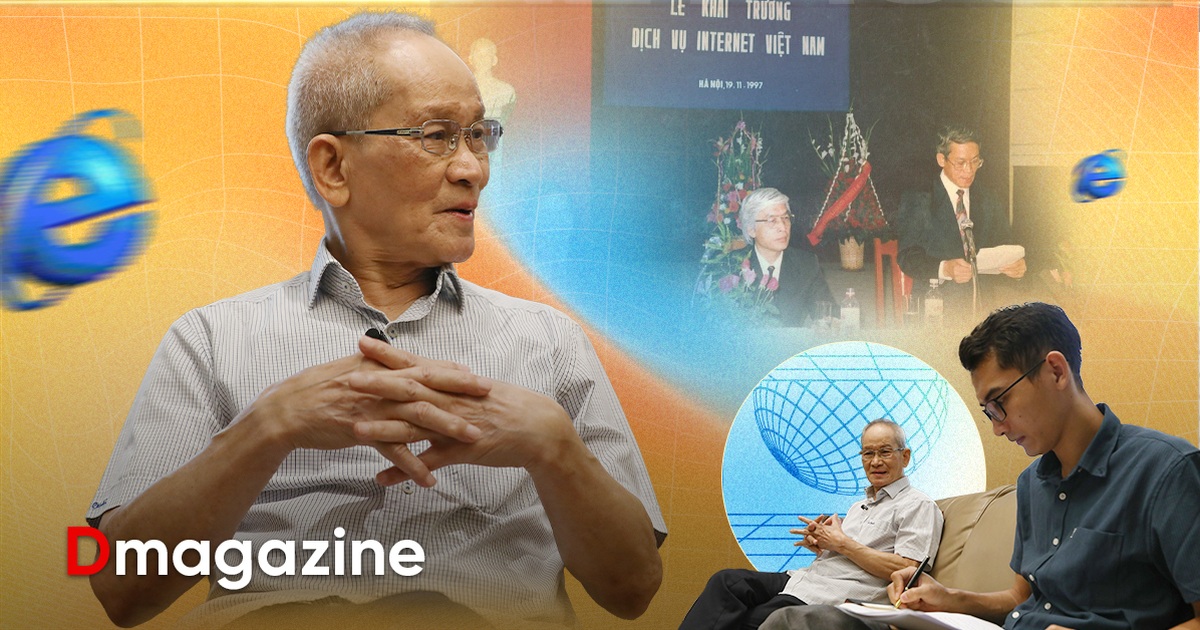

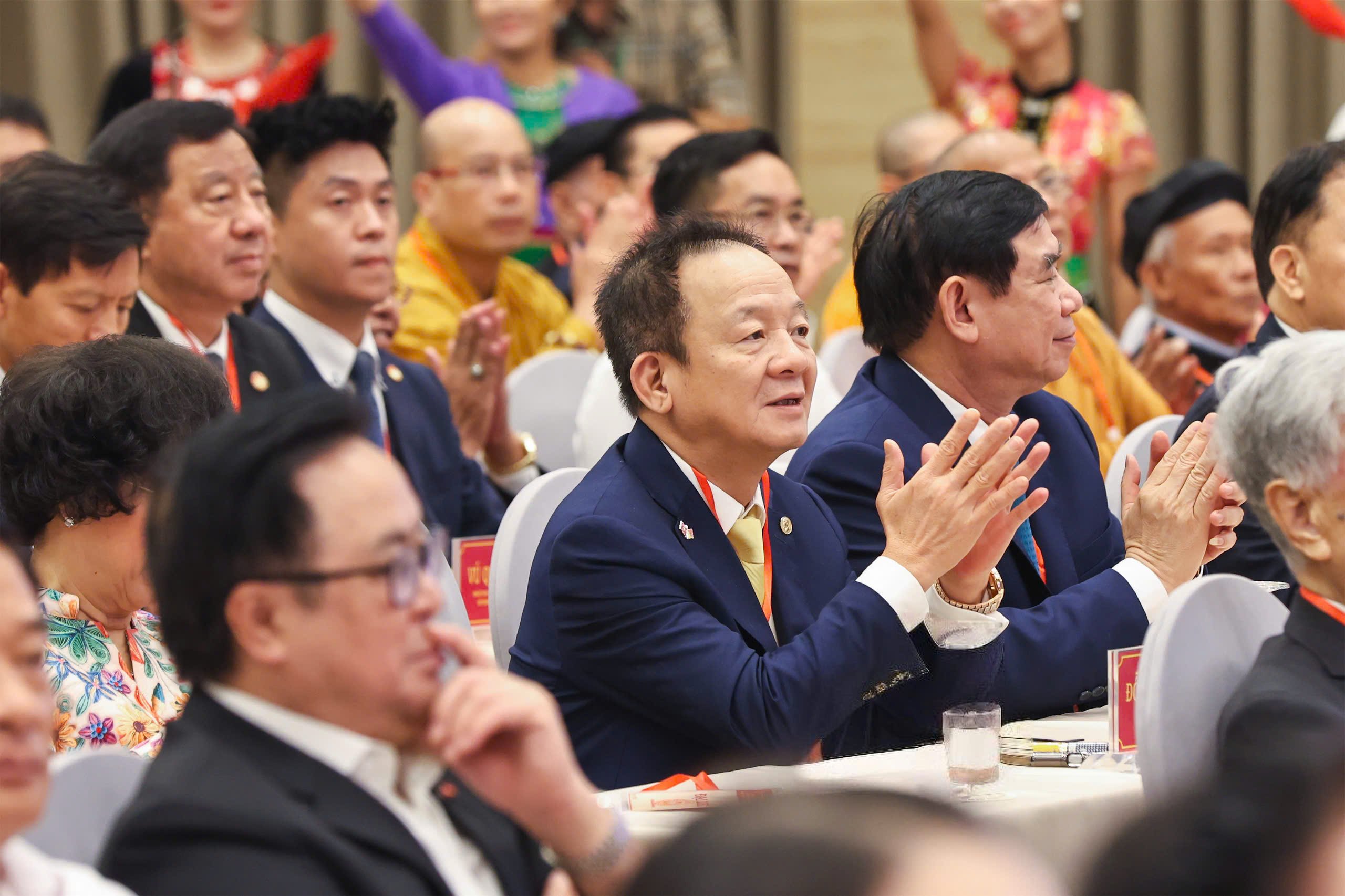













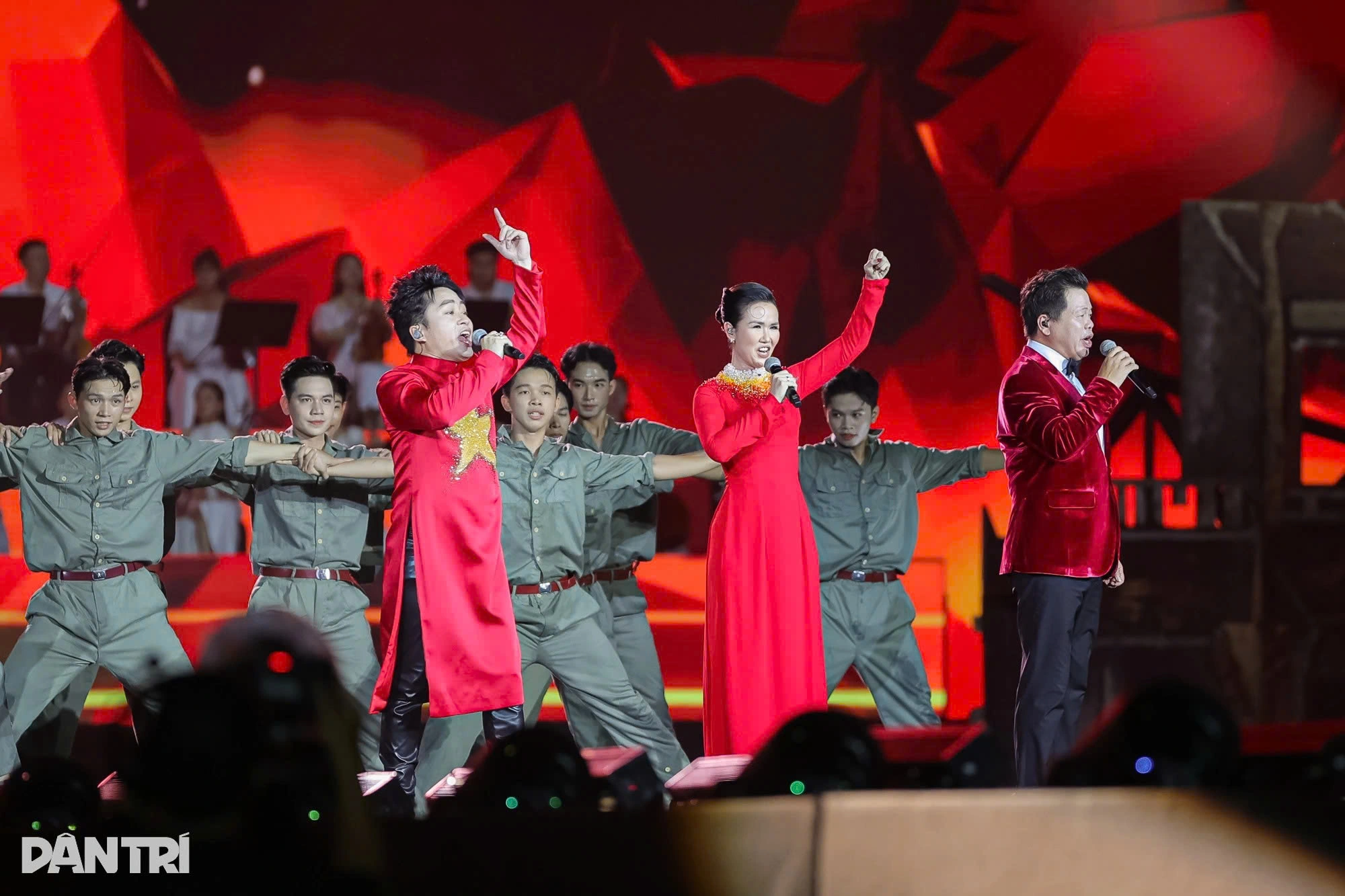
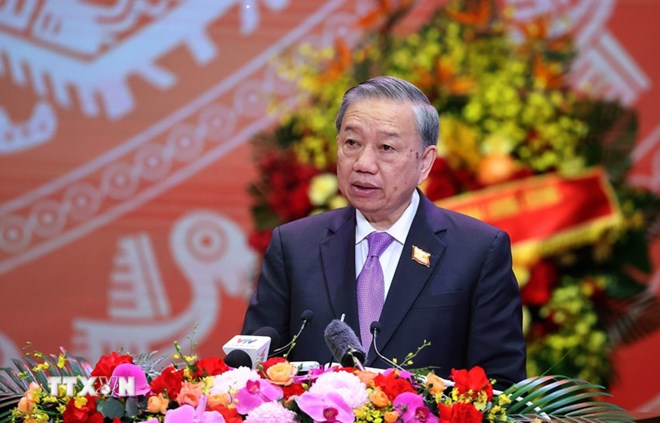

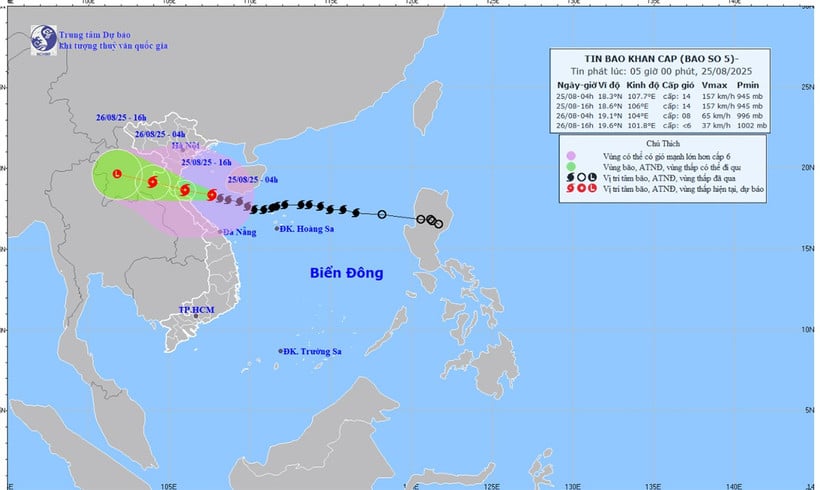

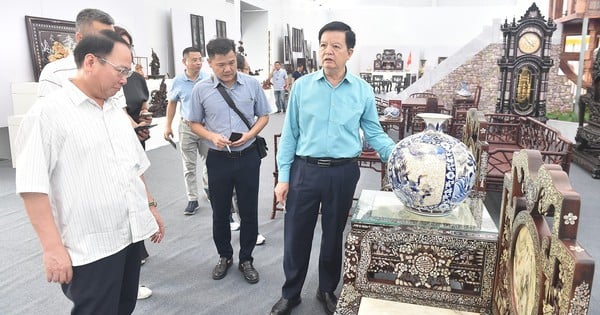








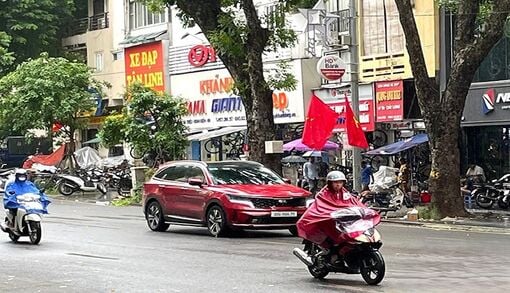

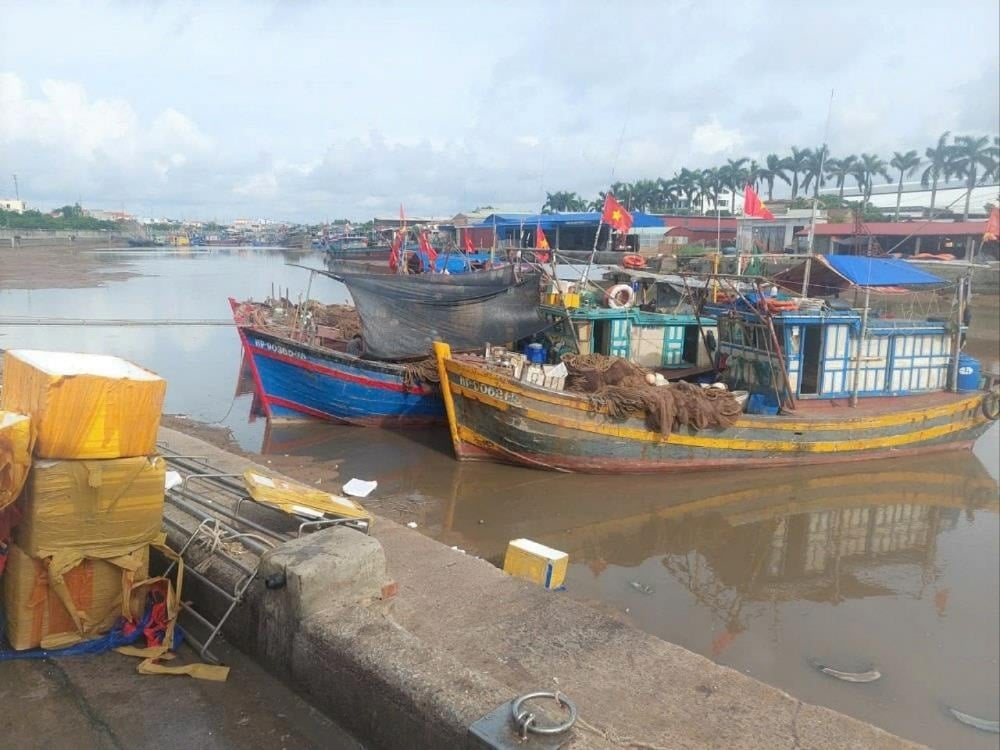

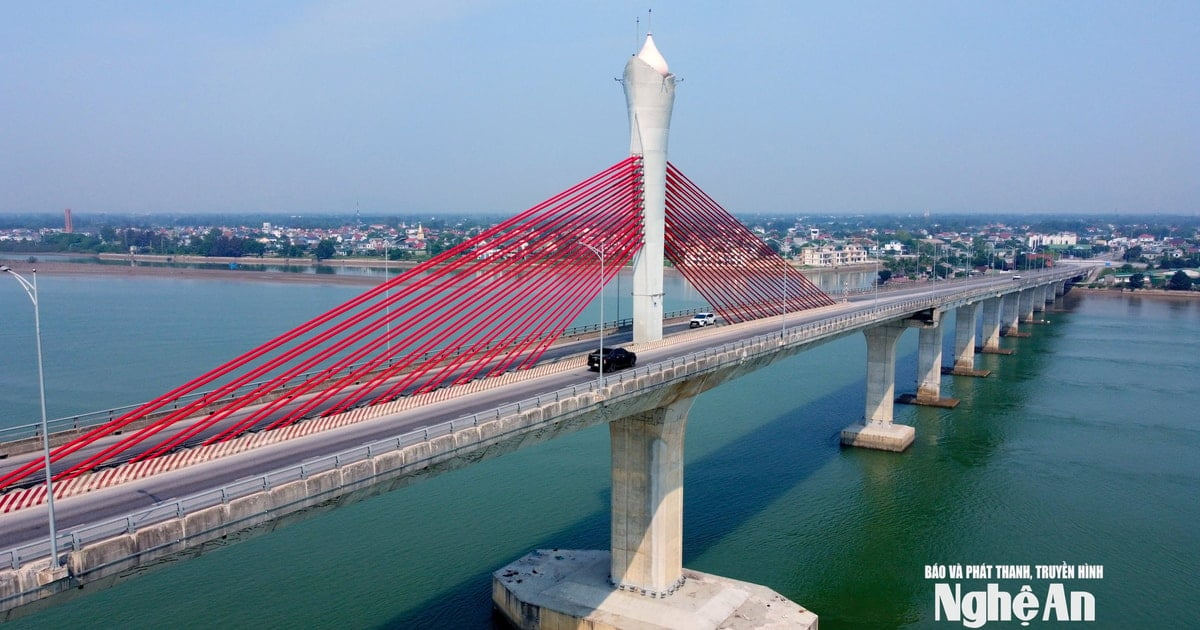

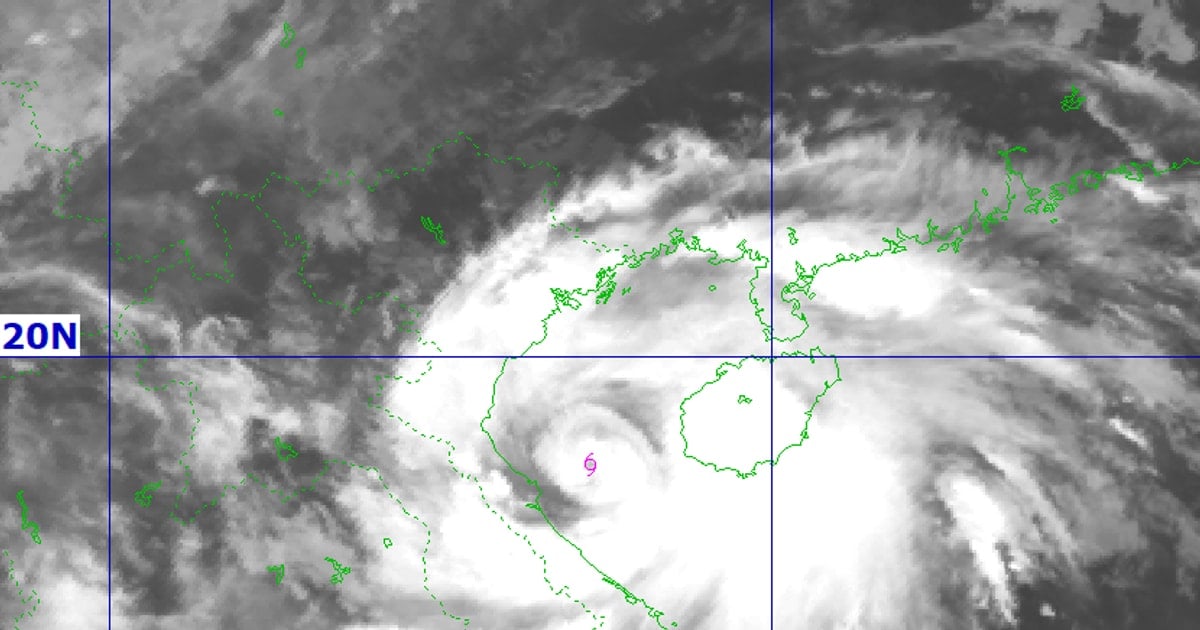
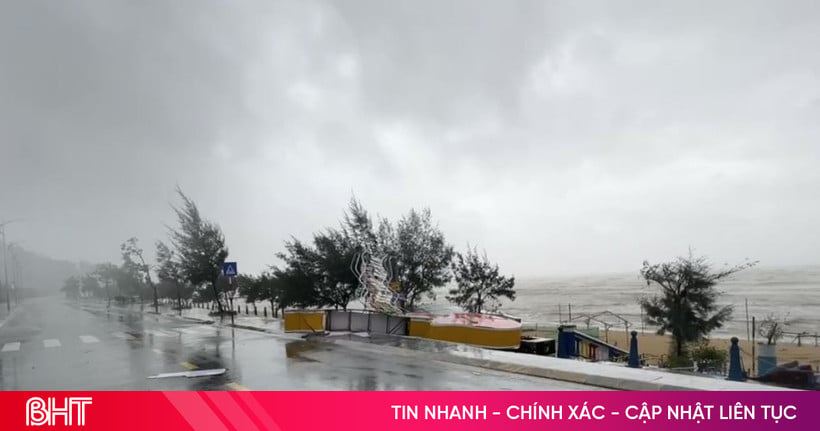
















Comment (0)